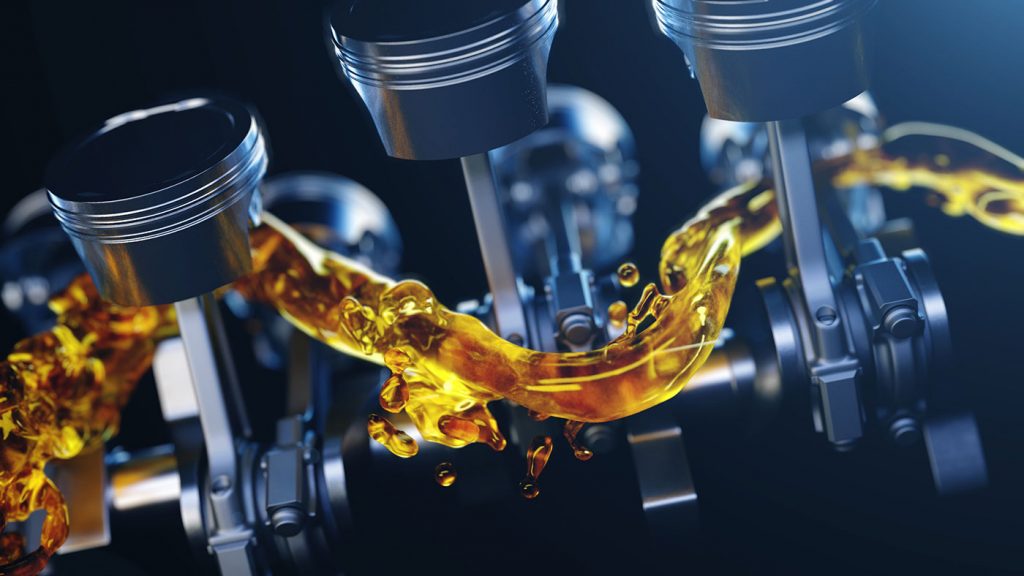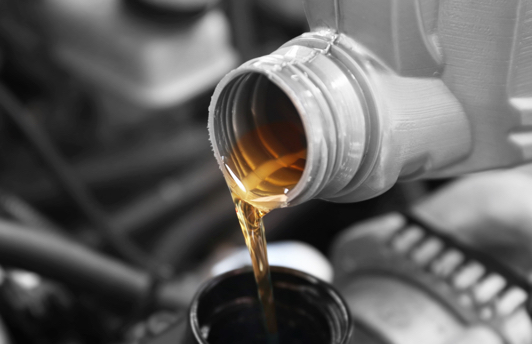EELQMS Newsletters
ACEA European Oil Sequences cover light duty passenger cars & heavy-duty trucks. The ACEA Oil Sequences are updated regularly.
All lubricant marketers are responsible for all aspects of product liability when making ACEA claims.
ATIEL Compliance Policy encourages greater compliance across the industry through continuous monitoring of lubricant quality in the market and exchange of information and technical data that supports education of lubricant marketers.
Making Claims against the ACEA Engine Oil Sequences. The Lubricant Marketer remains accountable for the lubricant supply chain, even when significant aspects are outsourced or contracted to other parties. Claims against the ACEA engine oil sequences are self-certifying. This means that Lubricant Marketers must satisfy themselves that the development and production of the finished lubricant has been carried out in compliance with the ATIEL Code of Practice and the provisions of the European Engine Lubricant Quality Management System, or EELQMS.
ACEA European Oil Sequences cover light duty passenger cars & heavy-duty trucks. The ACEA Oil Sequences are updated regularly. All lubricant marketers are responsible for all aspects of product conformity and liability when making ACEA claims. ATIEL Compliance Policy encourages greater compliance across the industry through continuous monitoring of lubricant quality in the market and exchange of information and technical data that supports education of lubricant marketers. This product compliance monitoring programme is implemented by SAIL.
Claims for non-continuing class/categories, such as ACEA E6, remain valid if the claim is from the most recent ACEA issue when the category was valid, even though the category does not appear in the current issue of the ACEA heavy duty engine oil sequences. More than one release of the ACEA engine oil sequences may be valid at the same time. From 1 May 2022 oils may be marketed against the ACEA 2016 heavy duty engine oil sequences until 1 May 2024 although new claims are only allowable until 1 May 2023 after which, ACEA 2022 heavy duty engine oil sequences are mandatory for all new claims.
Engine lubricants perform a vital function by protecting moving parts, reducing wear & tear, limiting harmful exhaust emissions and supporting vehicle performance & fuel economy.These types of lubricants comprised of complex chemistries have been developed and thoroughly tested to ensure they provide adequate protection and prolong the life of the vehicle.
ATIEL quality surveys have become an ongoing activity and
a core part of ATIEL’s Quality Management Committee’s initiatives.
We have found that most failures on the market is due to incompatible combined claims e.g. A3/B4, C3. The other failures include TBN, Sulphated ash, NOACK, HTHS, Phosphorus, MRV
and CCS.
The present Newsletter highlights findings from the quality
surveys and is aimed at preventing failures cases in the future.
ATIEL quality surveys have become an ongoing activity and
a core part of ATIEL’s Quality Management Committee’s initiatives.
We have found that most failures on the market is due to incompatible combined claims e.g. A3/B4, C3. The other failures include TBN, Sulphated ash, NOACK, HTHS, Phosphorus, MRV
and CCS.
The present Newsletter highlights findings from the quality
surveys and is aimed at preventing failures cases in the future.
ATIEL quality surveys have become an ongoing activity and
a core part of ATIEL’s Quality Management Committee’s initiatives.
We have found that most failures on the market is due to incompatible combined claims e.g. A3/B4, C3. The other failures include TBN, Sulphated ash, NOACK, HTHS, Phosphorus, MRV
and CCS.
The present Newsletter highlights findings from the quality
surveys and is aimed at preventing failures cases in the future.
ATIEL quality surveys have become an ongoing activity and a core part of ATIEL’s Quality Management Committee’s initiatives. We have found that most failures on the market is due to incompatible combined claims e.g. A3/B4, C3.
The other failures include TBN, Sulphated ash, NOACK, HTHS, Phosphorus, MRV and CCS.
The present Newsletter highlights findings from the quality surveys and is aimed at preventing failures cases in the future.
To subscribe to
EEQLMS newsletter









